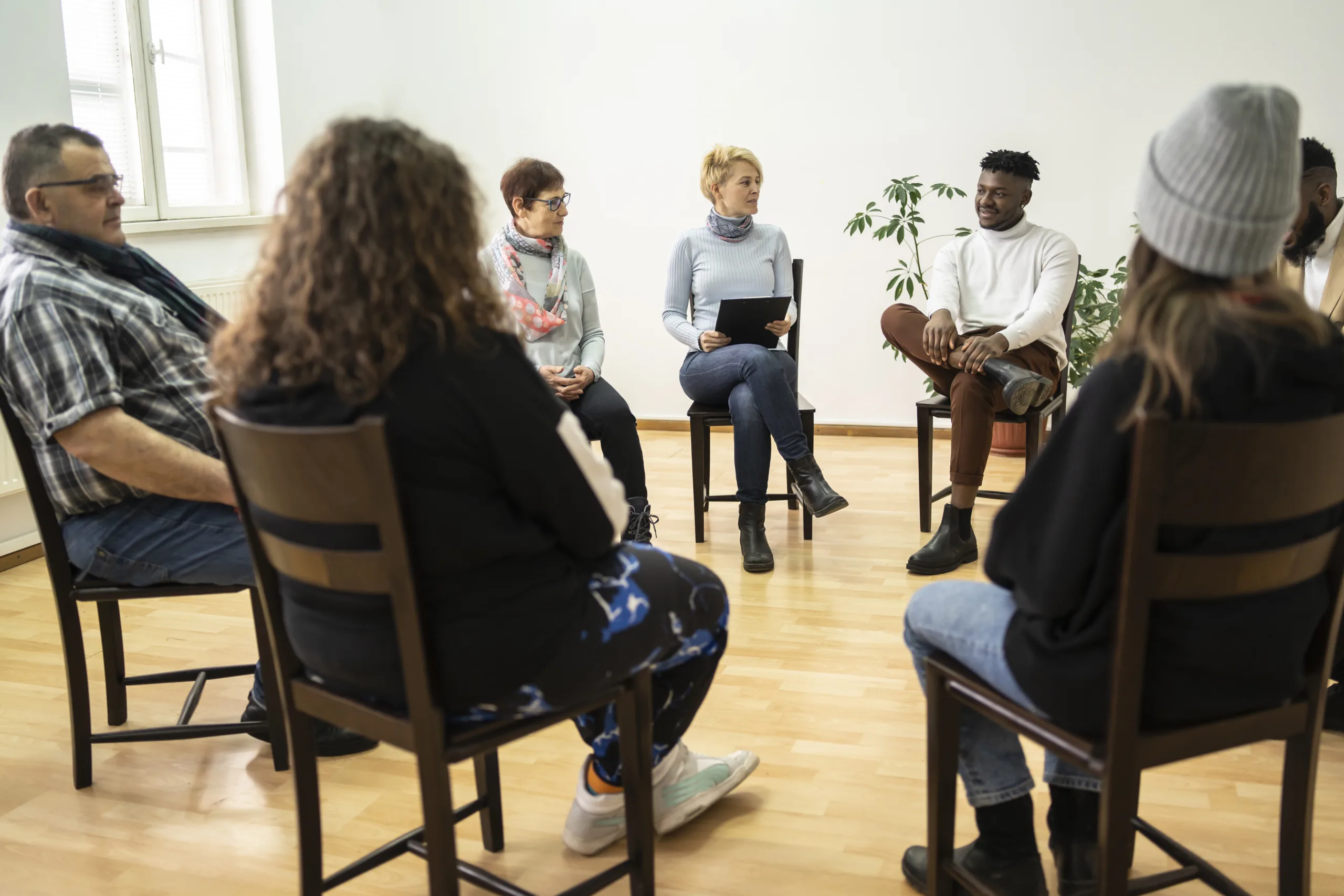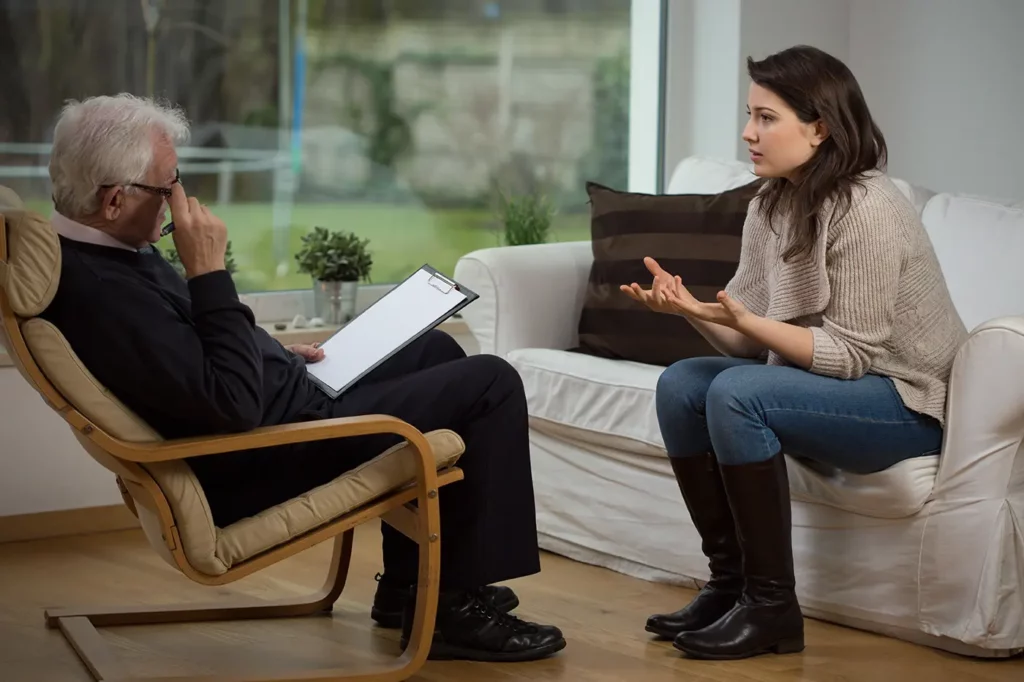24/7 Helpline:
(866) 899-111424/7 Helpline:
(866) 899-1114
Learn more about Ativan Rehab centers in Monrovia
Ativan Rehab in Other Cities

Other Insurance Options

State Farm

EmblemHealth

Sliding scale payment assistance

Cigna

Sutter

Highmark

BlueCross

Self-pay options

Absolute Total Care

Choice Care Network

CareSource

Private insurance

MVP Healthcare

Group Health Incorporated

Access to Recovery (ATR) Voucher

Excellus

Amerigroup

Premera

MHNNet Behavioral Health

Humana

Living Proof Recovery Center
Living Proof Recovery Center is a private rehab located in Monrovia, California. Living Proof Recove...

Garfield Place Transitional Sober Living Home
Garfield Place Transitional Sober Living Home is a private rehab located in Monrovia, California. Ga...

Alcohol Abuse and Addiction Information and Treatment
Alcohol Abuse and Addiction Information and Treatment is a private rehab located in Monrovia, Califo...













